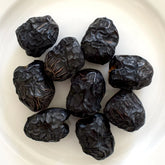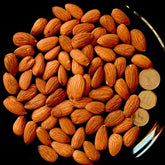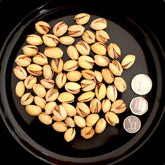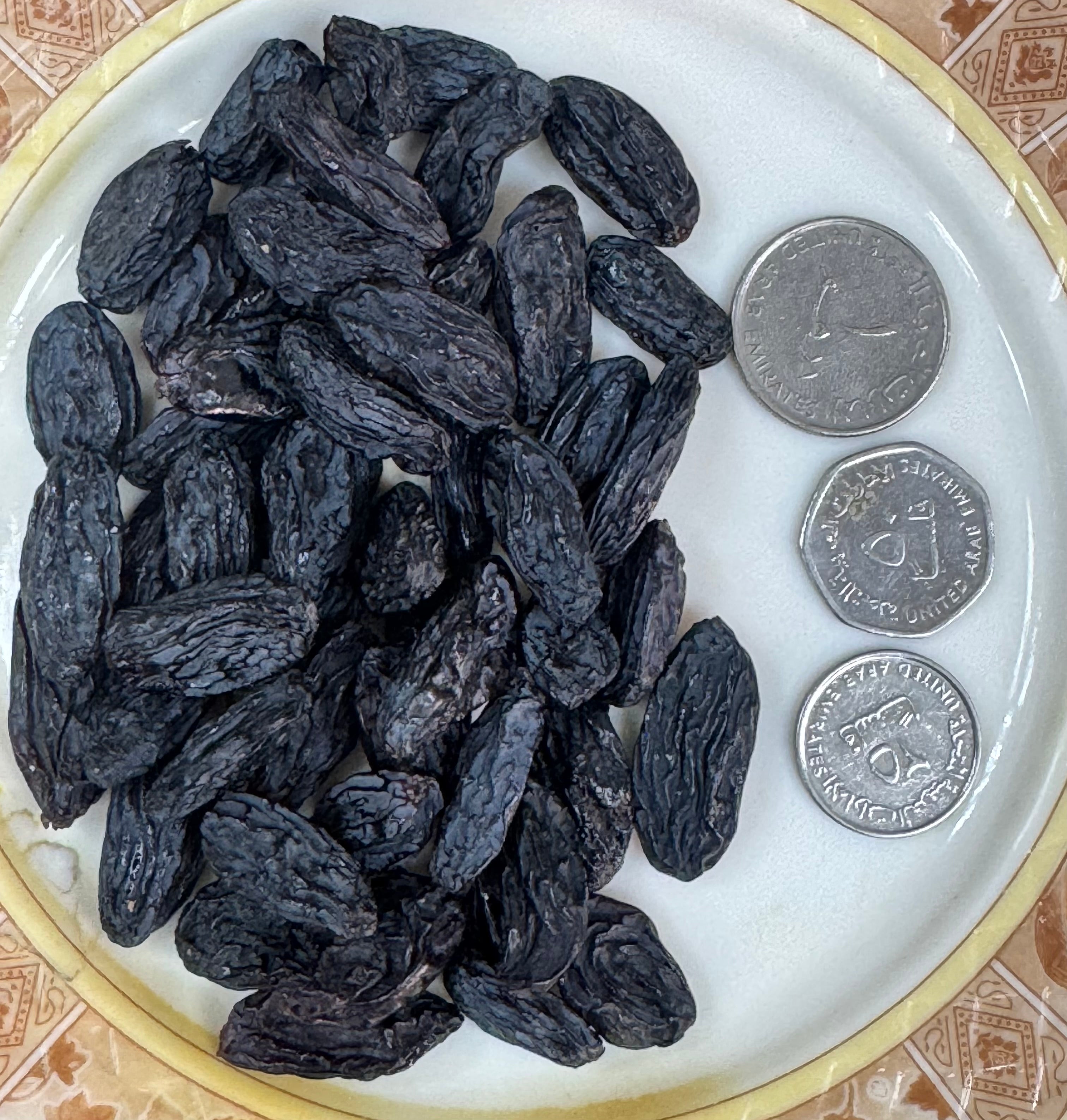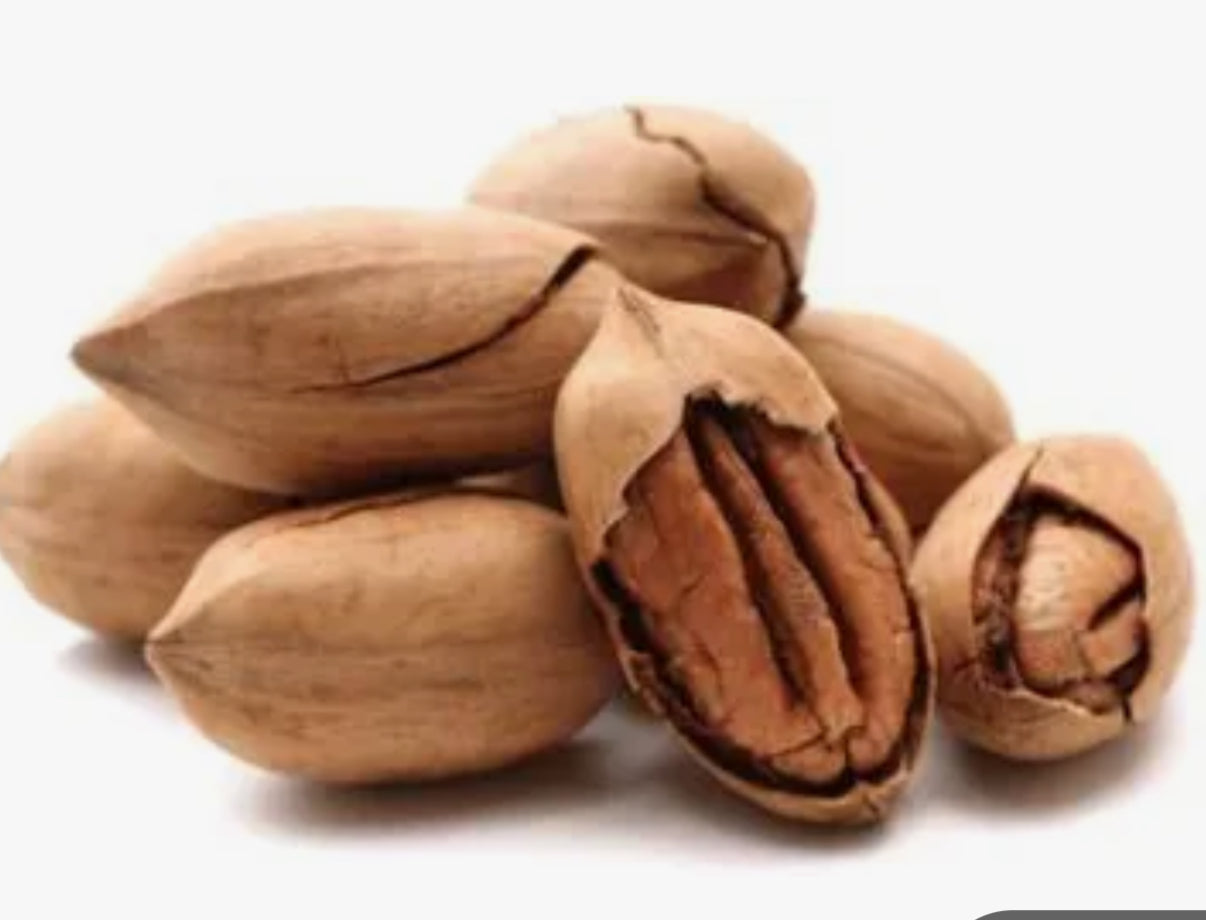Popular Products
Ajwa Dates
- From Dhs. 20.00
Dhs. 23.00- From Dhs. 20.00
- Unit price
- / per
Almond Jumbo
- From Dhs. 13.00
Dhs. 15.00- From Dhs. 13.00
- Unit price
- / per
Pistachio Nuts Medium
- From Dhs. 20.00
Dhs. 23.00- From Dhs. 20.00
- Unit price
- / per
Popular Products
Ajwa Dates
- From Dhs. 20.00
Dhs. 23.00- From Dhs. 20.00
- Unit price
- / per
Almond Jumbo
- From Dhs. 13.00
Dhs. 15.00- From Dhs. 13.00
- Unit price
- / per
Pistachio Nuts Medium
- From Dhs. 20.00
Dhs. 23.00- From Dhs. 20.00
- Unit price
- / per


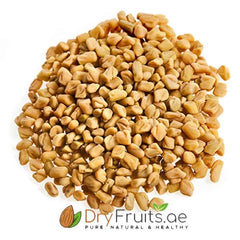
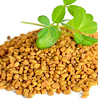
Fenugreek Seeds (Indian Methi)
- Dhs. 6.00
Dhs. 7.00- Dhs. 6.00
- Unit price
- / per
Free Shipping
Free standard shipping on orders over $99
Estimated to be delivered on 12/01/2022 - 15/10/2022.
Free Returns
100% Return & Exchange
- Customers have up to 48 hour to ask for a Return or Exchange.
- All Products should be in its original Condition and are subject to approval by our Return/Exchange team.
- Items should be complete in Quantity/Weight.
- In case of Exchange Delivery Charges will be paid by the Customer.
- Delivery Charges are not Refundable.
- All Amount will be refunded to its original payment method, and may take 7-14 Days.
Delivery all of over the UAE 2-3 Days
Lorem ipsum dolor sit amet, consectetur adipiscing elit, sed do eiusmod tempor incididunt ut labore et dolore magna aliqua. Ut enim ad minim veniam, quis nostrud exercitation ullamco laboris nisi ut aliquip ex ea commodo consequat. Duis aute irure dolor in reprehenderit in voluptate velit esse cillum dolore eu fugiat nulla pariatur. Excepteur sint occaecat cupidatat non proident, sunt in culpa qui officia deserunt mollit anim id est laborum.
Premium Fenugreek Seeds (Indian Methi) in Dubai Including Abu Dhabi, Sharjah, Ajman, UAE
Cash on Delivery available for Dubai, Abu Dhabi, and Sharjah.
Fenugreek Seeds Indian Methi (150gm) Small Amber Seeds, Bitter-Sweet Flavor, Health Benefits, Perfect for Tadka & Traditional Medicine
Fenugreek seeds, called methi dana in Hindi/Urdu, are those small, hard, yellowish-brown seeds with a distinctive bitter taste. They're not for everyone - that bitterness is real - but they're huge in Indian cooking and traditional medicine. A few seeds in your tadka add this unique maple-like aroma (yeah, really). Beyond cooking, methi is the go-to remedy Indian grandmas use for everything from hair growth to blood sugar. Love them or find them too bitter, you can't ignore them.
Why Methi Seeds Are More Than Just Spice
Methi is one of those ingredients that sits right between spice and medicine. In cooking, it's used sparingly because a little goes a long way - too much makes things unbearably bitter. But in traditional medicine, it's a superstar. Diabetics use it for blood sugar, new mothers use it for milk production, people use it for hair growth. Whether all these traditional uses are scientifically proven or not, generations of Indians can't all be wrong.
What Good Fenugreek Seeds Look Like
Quality methi seeds are small, hard, golden-yellow to amber colored, and have a distinct smell - slightly sweet and maple-like. They should be uniform in size, not shriveled or discolored. Old seeds lose their aroma and turn darker. When you bite one (if you dare - they're bitter), fresh seeds have that characteristic bitter-sweet taste. If they taste musty or have no bitterness at all, something's off.
What You're Getting
- Indian Quality: Authentic methi from India's best regions
- Small Amber Seeds: Uniform size, proper color
- Fresh Batch: Strong aroma, full bitterness (that's good!)
- Dual Use: Cooking and traditional health remedies
- 150gm Pack: Enough for regular use without going stale
- Whole Seeds: Better flavor retention than powder
- Traditional Grade: Same quality used in Ayurvedic medicine
Health Benefits of Fenugreek Seeds
This is where methi really shines - the traditional uses are impressive:
- Blood Sugar Management - Traditional remedy, some scientific backing
- Digestive Health - Helps with stomach issues and constipation
- Lactation Support - Traditionally used by nursing mothers
- Hair Growth - Popular home remedy for hair health
- Cholesterol Management - May help maintain healthy levels
- Anti-Inflammatory - Traditional use for reducing inflammation
- Testosterone Support - Traditional men's health remedy
Fenugreek Seeds (Methi) Nutrition Facts - Per 100g
| Nutrition | How Much |
|---|---|
| Calories | 323 kcal |
| Protein | 23 g |
| Fat | 6.4 g |
| Carbs | 58 g |
| Fiber | 24.6 g |
| Iron | 33.5 mg |
| Calcium | 176 mg |
| Magnesium | 191 mg |
| Vitamin C | 3 mg |
(You use very small amounts - 1/4 to 1/2 teaspoon typically)
How to Use Fenugreek Seeds
- Add 4-5 seeds to tadka for dal and curries (classic use)
- Soak overnight and drink water for blood sugar support
- Roast lightly before grinding to reduce bitterness
- Use in pickle recipes for flavor and preservation
- Add to spice blends in small amounts
- Make methi paste for hair masks (soak and grind)
- Use in sprouting for salads and health benefits
Bitter, powerful, traditional. Fenugreek Seeds in Dubai - the seed that's half spice, half medicine.
Questions About Fenugreek Seeds (Indian Methi)
1. Why are fenugreek seeds so bitter?
That's just how they are. The bitterness comes from compounds in the seed, and it's actually part of their medicinal properties. Roasting them lightly reduces bitterness a bit. Some people never get used to it, others learn to appreciate it in small amounts.
2. How many fenugreek seeds should I use in cooking?
Very few - like 4-5 seeds for a pot of dal or curry. More than that and you'll overpower everything with bitterness. Start with less than you think you need. You can always use more next time, but you can't fix overly bitter food.
3. Can fenugreek seeds help with diabetes?
Traditional medicine says yes, and some studies back this up. Many diabetics soak methi seeds overnight and drink the water in the morning. But don't stop your medication or rely on this alone. Track your blood sugar and talk to your doctor.
4. Do fenugreek seeds really help with hair growth?
It's a popular home remedy - soak seeds, grind into paste, apply to scalp. Does it work? Some people swear by it, scientific evidence is mixed. It won't hurt to try (unless you're allergic), but don't expect miracles.
5. Can nursing mothers really use methi for milk production?
It's traditionally used as a galactagogue (milk production booster). Some studies suggest it works, but results vary. Many Indian mothers drink methi water or eat methi ladoos. Check with your doctor first, especially if you're on medication.
6. How do I reduce the bitterness of fenugreek?
Roast seeds lightly before using - don't burn them, just toast until fragrant. This reduces bitterness a bit. Or use fewer seeds. Some people soak them overnight which also helps, but that changes the application.
7. Can I sprout fenugreek seeds?
Absolutely! Soak overnight, drain, keep moist for 2-3 days. The sprouts are less bitter than seeds and super nutritious. Use in salads or as microgreens. The sprouting process actually makes them taste better and easier to digest.
8. Why does fenugreek make your sweat smell like maple syrup?
Weird but true - a compound in fenugreek called sotolon is also found in maple syrup. When you eat a lot of methi, it comes out in your sweat and urine. It's harmless, just... interesting. Don't worry, you're not turning into pancakes.
9. Can I take fenugreek seeds every day?
For health purposes, many people do - usually soaked in water overnight, then drinking the water in morning. Start small (1/4 teaspoon), see how your body reacts. Some people get stomach upset or gas. Pregnant women should avoid or check with doctor first.
10. What's the difference between fenugreek seeds and fenugreek leaves?
Seeds (methi dana) are what we're talking about here - bitter, hard, used in small amounts. Leaves (methi or kasuri methi when dried) are completely different - used as a vegetable or herb. Same plant, different parts, totally different uses.
11. Can fenugreek seeds go bad?
They're pretty stable, but old seeds lose aroma and potency. Stored properly (airtight, cool, dark), they last 2-3 years. If they smell musty or have no aroma, they're too old. Fresh seeds have that distinctive sweet-bitter smell.
12. Where can I buy quality methi seeds in Dubai?
Any Indian grocery store - Lulu, local spice shops, Kerala stores. Look for golden-yellow color and strong aroma. Avoid dark, shriveled seeds. Health food stores sometimes carry them too since they're popular for natural remedies. We deliver premium fenugreek seeds (methi) across Dubai, Abu Dhabi, and Sharjah.
Shipping & Delivery
Free Delivery All over UAE *
We Provide delivery in 24 - 48 Hours in Dubai, Sharjah, Ajman.
Abu Dhabi, Alain, Fujairah, Ras Al-Khaimah, Um-Al-Quwain are covered in 48 - 72 Hours.
* Your Delivery becomes free once you reach the minimum amount of the order.
Return Policy
100% Return & Exchange
- Customers have up to 48 hour to ask for a Return or Exchange.
- All Products should be in its original Condition and are subject to approval by our Return/Exchange team.
- Items should be complete in Quantity/Weight.
- In case of Exchange Delivery Charges will be paid by the Customer.
- Delivery Charges are not Refundable.
- All Amount will be refunded to its original payment method, and may take 7-14 Days.
Related Products
- From Dhs. 6.00
Dhs. 7.00- From Dhs. 6.00
- Unit price
- / per
- From Dhs. 6.00
Dhs. 7.00- From Dhs. 6.00
- Unit price
- / per
- From Dhs. 6.00
Dhs. 7.00- From Dhs. 6.00
- Unit price
- / per
- From Dhs. 6.00
Dhs. 7.00- From Dhs. 6.00
- Unit price
- / per
- From Dhs. 6.00
Dhs. 7.00- From Dhs. 6.00
- Unit price
- / per
- From Dhs. 6.00
Dhs. 7.00- From Dhs. 6.00
- Unit price
- / per
Recently Viewed Products
- From Dhs. 6.00
Dhs. 7.00- From Dhs. 6.00
- Unit price
- / per
- From Dhs. 6.00
Dhs. 7.00- From Dhs. 6.00
- Unit price
- / per
- From Dhs. 6.00
Dhs. 7.00- From Dhs. 6.00
- Unit price
- / per
- From Dhs. 6.00
Dhs. 7.00- From Dhs. 6.00
- Unit price
- / per
- From Dhs. 6.00
Dhs. 7.00- From Dhs. 6.00
- Unit price
- / per
- From Dhs. 6.00
Dhs. 7.00- From Dhs. 6.00
- Unit price
- / per
- From Dhs. 6.00
Dhs. 7.00- From Dhs. 6.00
- Unit price
- / per
- From Dhs. 6.00
Dhs. 7.00- From Dhs. 6.00
- Unit price
- / per
- From Dhs. 6.00
Dhs. 7.00- From Dhs. 6.00
- Unit price
- / per
- From Dhs. 6.00
Dhs. 7.00- From Dhs. 6.00
- Unit price
- / per
- Choosing a selection results in a full page refresh.

